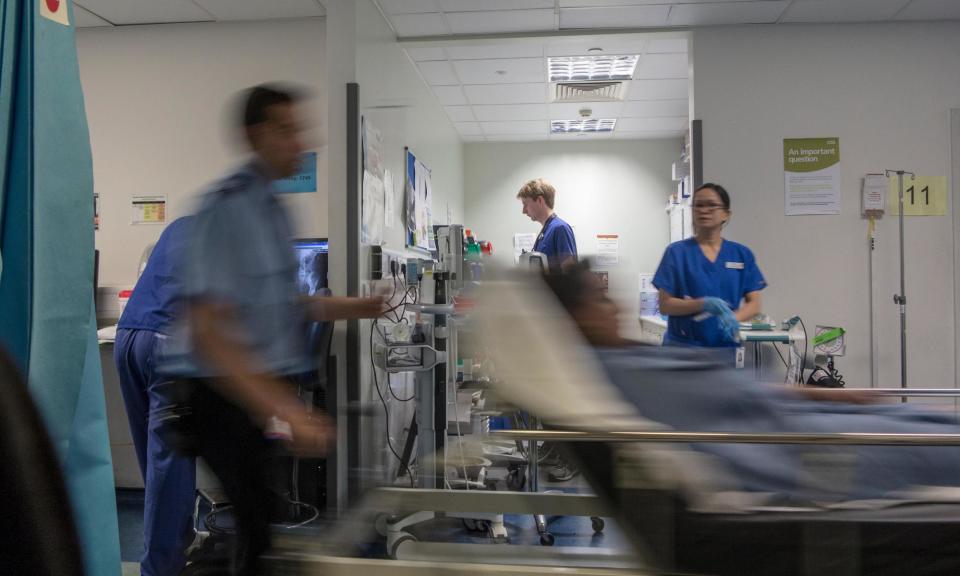Crisis-hit firm behind vital NHS services faces uncertain future

The British arm of Atos, the French technology company that is a vital supplier of the NHS and UK government departments, is facing a “material uncertainty” over its ability to continue as a going concern, auditors have warned.
In the latest accounts for its UK holding company covering 2022, the company’s auditor, Grant Thornton, said financial problems facing its parent company in France could limit the UK arm’s ability to access cash and continue as a going concern.
In April, Atos UK’s parent company revealed total debt of nearly €5bn, and was looking at financial restructuring offers to stabilise its finances.
The auditors’ findings, first reported by The Times, also warned that if the parent company failed to successfully meet or renegotiate loans or sell assets, the UK arm could face being unable to settle its own liabilities.
Atos is one of the UK government’s 40 strategic suppliers, a group of selected contractors that hold billions of pounds worth of contracts with government departments.
According to researchers at the data firm Tussell, Atos has almost £1bn of revenue coming from 43 contracts, including providing IT systems to the NHS, the Ministry of Defence, and the Department for Work and Pensions.
However, the government has been monitoring Atos’s financial problems and the i newspaper has reported that the government has drawn up contingency plans to maintain public services if Atos is not able to meet requirements. They reportedly include lining up other potential IT providers if Atos is unable to run these services.
The struggling French IT firm has faced a turbulent few years as it has attempted to tackle its growing debt pile. During that period, shares in the company have dropped 97% in value, while it has also had four chief executives in two years.
Included in its fundraising plan it has tried to sell parts of the business, with the French government offering €700m to buy important assets from its security and data divisions this month.
The company is also attempting to strike a rescue deal that would restructure its debt.
On Wednesday, it revealed it had received a new restructuring deal from a committee of bondholders after discussions with a consortium of investors, led by David Layani’s Onepoint, broke down.
In the 2022 accounts, which were written before the recent restructuring proposals, Grant Thornton said the wider difficulties and uncertainty about the company’s restructuring meant for its UK arm, a “material uncertainty exists that may cast significant doubt on the company’s ability to continue as a going concern”.
A spokesperson for Atos said: “Atos is currently undergoing a financial restructuring, which will create a stable financial future globally and in the UK.
“The provision of services to our customers has remained unaffected and we will continue providing high-quality services to the UK public and private sectors, as we have for over 30 years.”

 Yahoo Finance
Yahoo Finance 